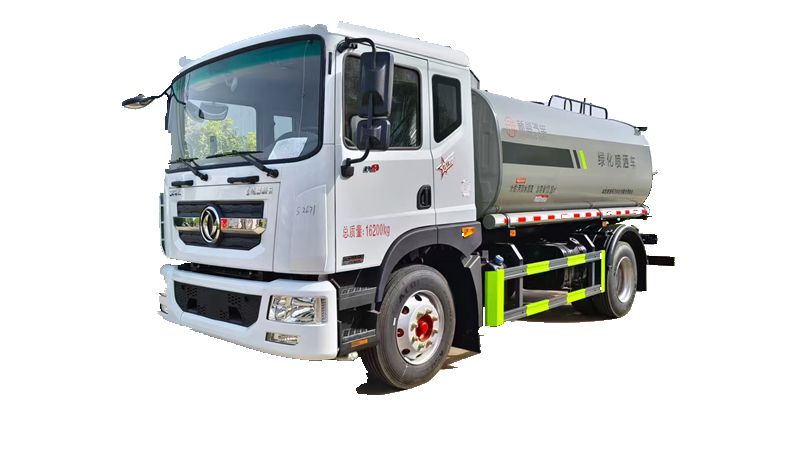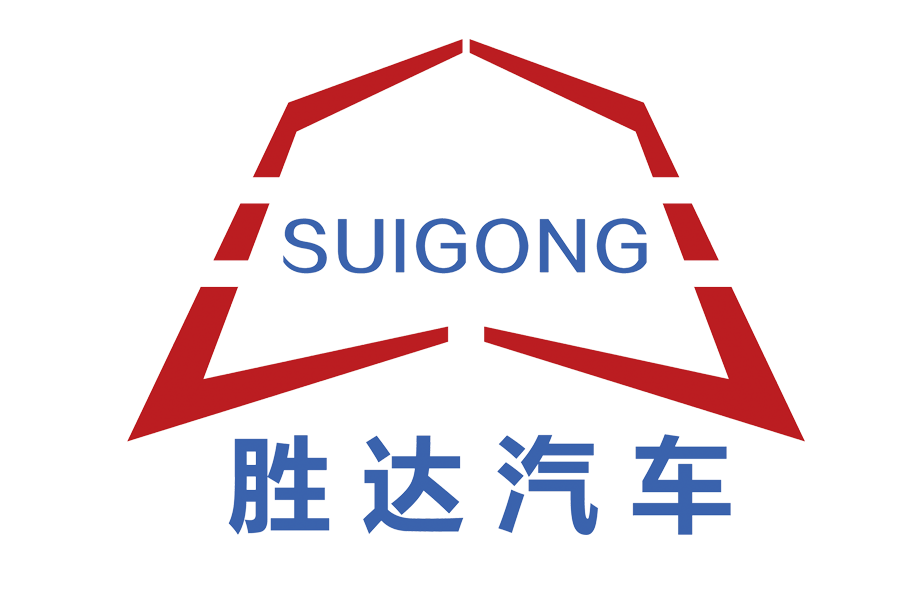Sprinkler Trucks: Unsung Heroes in Urban Environmental Management
While they may not grab headlines like high-tech vehicles or sleek electric cars, sprinkler trucks are indispensable workhorses in urban infrastructure, playing a vital role in maintaining clean air, managing dust, and preserving green spaces. As cities grapple with growing populations and climate-related challenges, these humble vehicles are evolving with new technologies and strategies to meet modern demands.

Beyond Dust Control: Expanding Roles in Urban Ecosystems
Traditionally used to dampen road dust and water street-side greenery, sprinkler trucks now take on expanded responsibilities. In arid regions like Phoenix, Arizona, they are deployed to cool down urban heat islands—areas where concrete and asphalt trap heat—by spraying water on sidewalks and public plazas during heatwaves. A 2024 study by the city’s environmental department found that targeted sprinkling reduced surface temperatures by up to 8°C in busy commercial districts, improving pedestrian comfort and reducing heat-related illnesses.
In coastal cities such as Miami, sprinkler trucks are also used to rinse saltwater from roads after storms, preventing corrosion of infrastructure and vehicles. “These trucks are multi-taskers,” says Carlos Mendez, a public works supervisor in Miami. “They adapt to whatever the city needs, from fighting dust to mitigating storm aftermath.”
Technological Upgrades for Efficiency and Precision
Modern sprinkler trucks are shedding their “low-tech” image with smart upgrades. Many cities now use GPS and weather data to optimize routes and watering schedules. In Singapore, a fleet of 50 sprinkler trucks is controlled by a central AI system that adjusts water usage based on real-time humidity levels and rainfall forecasts. This has reduced water waste by 35% compared to manual scheduling, a significant saving in a water-scarce nation.
Electric sprinkler trucks are also gaining ground, particularly in Europe. Paris introduced its first all-electric sprinkler fleet in 2023, replacing diesel-powered models that had operated for over two decades. The new trucks produce zero emissions and operate more quietly, making them ideal for early-morning watering in residential areas. “Residents no longer complain about noisy trucks waking them up at 5 a.m.,” notes Sophie Dubois, an urban services coordinator in Paris. “And we’re cutting 1,200 tons of CO2 emissions annually.”
Innovations in Water Sourcing and Conservation
Faced with water scarcity concerns, cities are finding creative ways to power their sprinkler trucks sustainably. In Melbourne, Australia, a pilot project uses recycled wastewater from treatment plants to fill sprinkler trucks, reducing reliance on drinking water. The treated water, which meets strict safety standards, is used for street cleaning and watering non-edible public plants.
Rainwater harvesting systems are another trend. In Berlin, some sprinkler trucks are equipped with large storage tanks that collect rainwater from public buildings, which is then used for routine street maintenance. “We’re turning a challenge—urban rainfall runoff—into a resource,” explains Thomas Berger, a water management expert in Berlin. “It’s a win-win for sustainability.”
Challenges in Balancing Needs
Despite their benefits, sprinkler trucks face criticism in some regions. In drought-stricken areas like California’s Central Valley, residents have questioned the use of water for street cleaning when agricultural and residential supplies are strained. Local governments have responded by tightening regulations: in Fresno, sprinkler trucks are now restricted to operating only during early morning or late evening to minimize evaporation, and they prioritize dust control in high-traffic areas over aesthetic watering.
Another challenge is aging infrastructure. Many cities in developing nations still rely on outdated sprinkler trucks that waste water due to leaky hoses or imprecise nozzles. International aid organizations are working to address this: a recent initiative in Nairobi, Kenya, provided 20 modern sprinkler trucks to the city, along with training for operators on water-efficient practices.
Looking Ahead: Smart, Sustainable Fleets
As cities grow, the role of sprinkler trucks will only become more critical. Experts predict that future models will integrate even more advanced technologies, such as sensors to detect dust levels and adjust water pressure accordingly, or autonomous driving capabilities to operate during off-peak hours.
“Sprinkler trucks are a reflection of a city’s commitment to livability,” says Dr. Elena Rodriguez, an urban planning researcher. “Investing in modern, efficient fleets isn’t just about keeping streets clean—it’s about creating healthier, more sustainable communities.”
In the end, these unassuming vehicles remind us that even the most basic urban services can evolve to meet the challenges of a changing world, proving that sustainability and practicality can go hand in hand.

